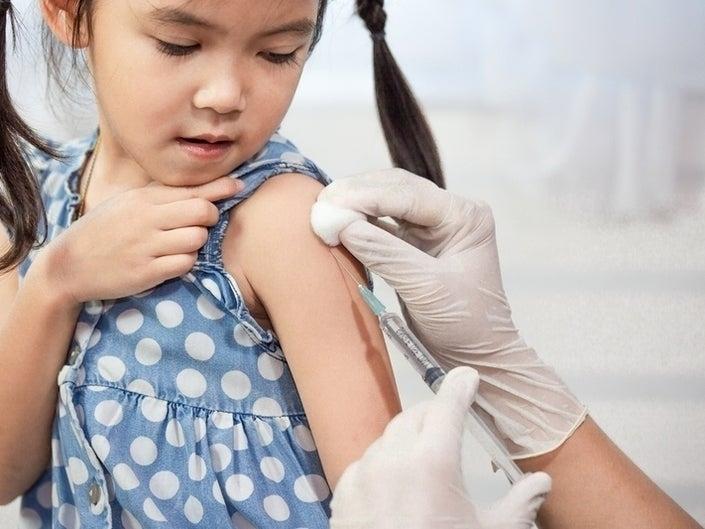COVID-19 Vaccine Testing On Children
April 12, 2021
In early 2021, adults began anticipating that they would receive the COVID-19 vaccine. After almost a year in the study, with several trials, companies have long since begun distributing their products. While the treatment is only being provided to essential and healthcare workers, the normal crowd awaits their freedom from a period of staying at home. However, while others rush to the vaccine distribution centers, others wonder whether their children will eventually be taking the vaccine.
The company Moderna, one of the big three franchises distributing their vaccine, claimed that it will be testing its vaccine on children under 12. This testing will involve a series of two shots, and the tested individuals will be tracked for over a year. Although not immediately, After testing
both groups from 12 and under to 12-17 years of age, Moderna’s goal is to authorize their vaccine for use in children as well.
Moderna envisions that they will test about 3,000 participants. This child study, according to npr.org, is being conducted with the National Institute of Allergy and Infectious Diseases. Tuesday, March 16, 2021, was the first day of trials for the children’s vaccine. In a press release, the CEO of Moderna claims that the study will help them assess the “potential safety and immunogenicity of our COVID-19 vaccine in this important younger age population.”
Other companies have also branched out to younger populations. Pfizer/BioNTech has a vaccine that is in the study, while Johnson & Johnson claims that they will study the vaccine in teens, from ages 12 to 18.
While this plan seems effective, parents express increasing concern about vaccinating their children. Doctors claim that side effects like fatigue and sore stems are more prevalent and intense in children, so it is important for parents to know what they should expect. While the virus does not seem to negatively affect most children, it is crucial that they develop a defense to inflammatory syndrome associated with the virus. Additionally, health care officials believe that providing children the vaccine will also contribute to herd immunity.

